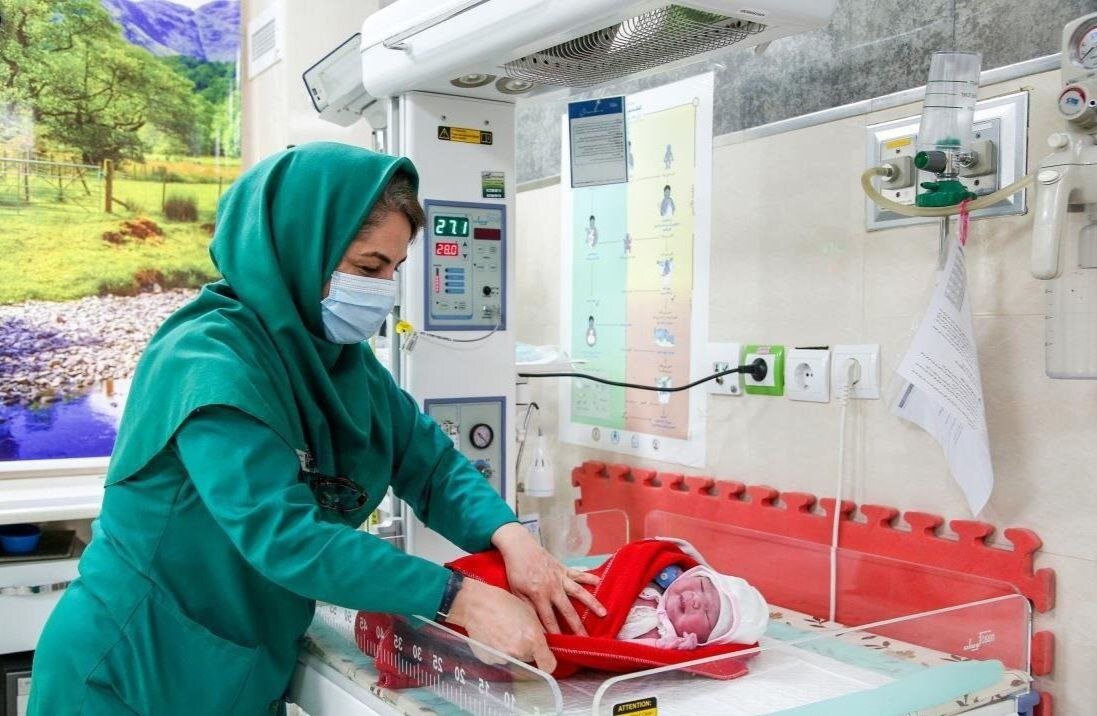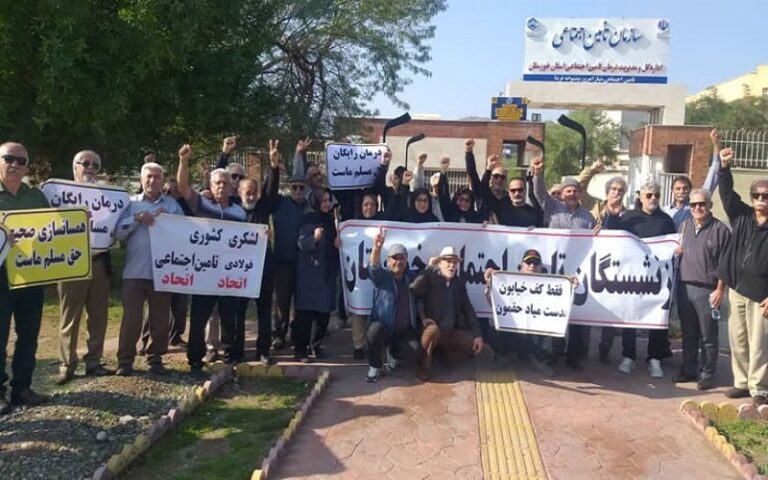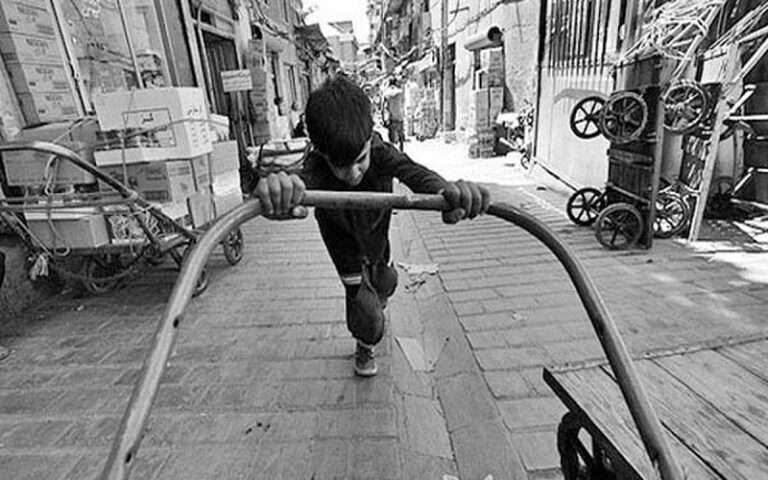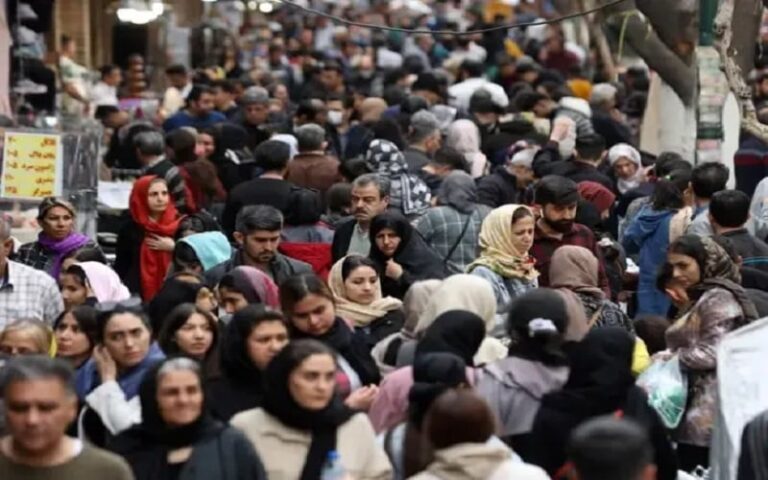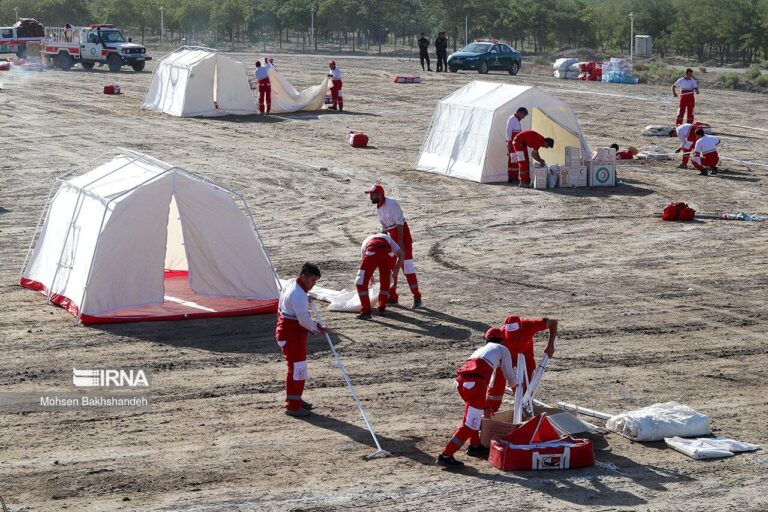Empowering Midwives: The Unsung Heroes in Times of Crisis
In today’s world, midwives are crucial health care providers, especially during times of crisis. As global challenges mount, including natural disasters and the ongoing impacts of climate change, the role of midwives becomes increasingly significant. These professionals are essential in ensuring maternal and newborn health, particularly for women and girls who are often at greater risk during emergencies.
The current landscape is marked by a series of complex crises that have far-reaching implications for health systems worldwide. Here are some key points highlighting the importance of midwives:
- High Service Capability: Midwives can deliver up to 90% of sexual, reproductive, maternal, newborn, and adolescent health (SRMNAH) services, even under humanitarian crises.
- Resourcefulness in Crisis: With limited resources, midwives provide safe births, antenatal and postnatal care, and support for survivors of gender-based violence.
- Community Support: They educate communities about health and safety, ensuring that mothers and babies receive adequate nutrition and care.
- Advocacy for Inclusion: Despite their critical role, midwives are often overlooked in crisis preparedness and response efforts, which needs to change.
Midwives play a vital role in helping families navigate the complexities of pregnancy and childbirth during turbulent times. They ensure that women have access to essential health services, even when resources are scarce. By supporting breastfeeding and providing comprehensive prenatal care, midwives help to secure the health of both mothers and their newborns.
However, the contributions of midwives are frequently undervalued, leading to their exclusion from important crisis management discussions. It is imperative to recognize their significance as essential health professionals and to advocate for their involvement in all stages of crisis preparation and response.
The theme for the International Day of Midwives 2025 is “Midwives: Critical in Every Crisis.” This theme emphasizes the urgent need to include midwives in health care planning and crisis management, ensuring they have the necessary training, tools, and resources to operate effectively in challenging environments.
As Farah Babaei, a health ministry official, noted in May 2024, there are approximately 80,000 midwives actively working in Iran. Babaei stated, “In terms of midwifery education, Iran tops the regional countries and is ranked third in the world based on the international educational ranking.” This highlights the importance of education and training in empowering midwives to deliver quality care.
Midwives are also instrumental in managing youth population growth, addressing the unique health needs of adolescents, and ensuring that the next generation has the support it needs to thrive. Their training and expertise make them pivotal players in both routine health care and emergency responses.
In conclusion, as global crises continue to evolve, the role of midwives remains crucial. Their ability to provide essential health services, even in the face of adversity, underscores the need for greater recognition and support. By integrating midwives into all aspects of health care planning and crisis response, we can better safeguard the health and well-being of women, newborns, and families around the world. Let’s work together to ensure that midwives receive the respect, resources, and recognition they deserve as critical health care providers in every crisis.
